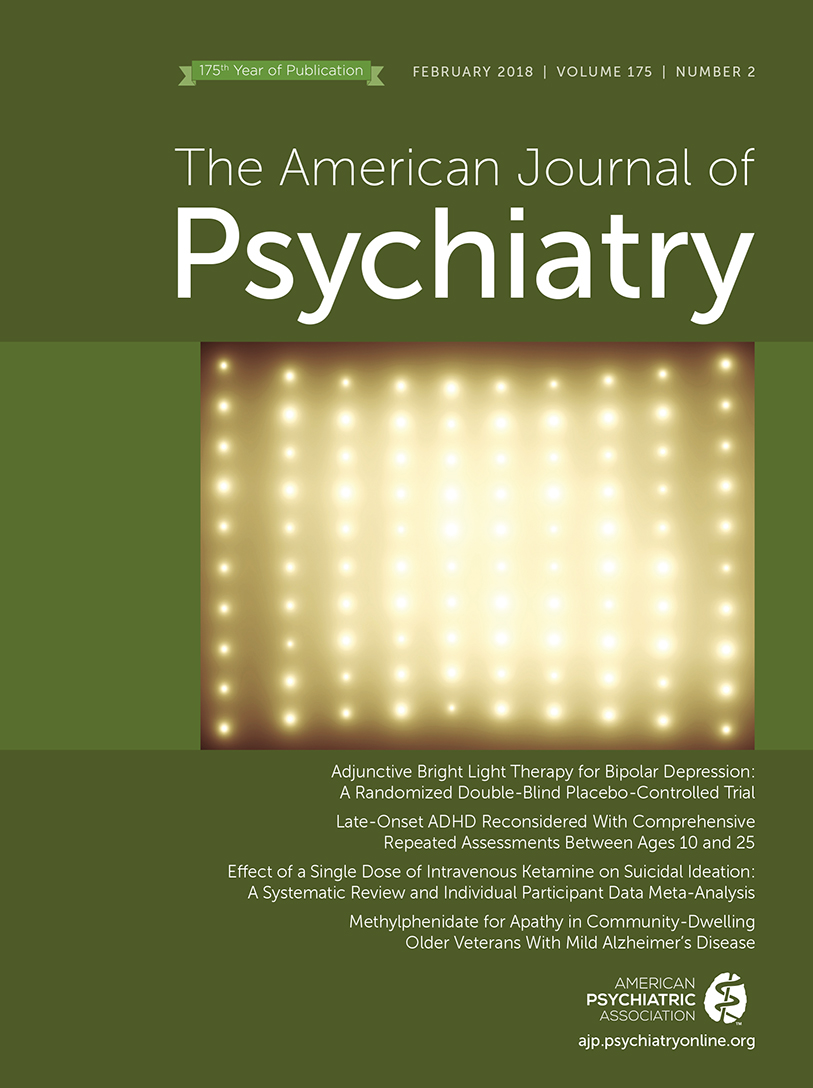The Importance of Adequately Powered Clinical Studies: Response to Khan et al.
To the Editor: Dr. Khan and coauthors emphasize that statistically underpowering phase III trials can lead to misleading results. We do not disagree with them. Our concern is that the pressures to meet aggressive study timelines may lead sponsors to include lower quality study sites and to use recruitment incentives that lead to the inclusion of marginal subjects.
We agree that phase III trials should be appropriately powered based on the effect size that has been established in earlier proof of concept and other trials. We also emphasize that the powering of phase III trials should take into account the increase in variability from the greater heterogeneity of the population enrolled in larger registration trials and the accompanying expansion of sites and geographies. Conducting smaller, underpowered studies as a way to manage or mitigate the challenges we have highlighted in our commentary would only add to, not subtract from, the probability of failures.



